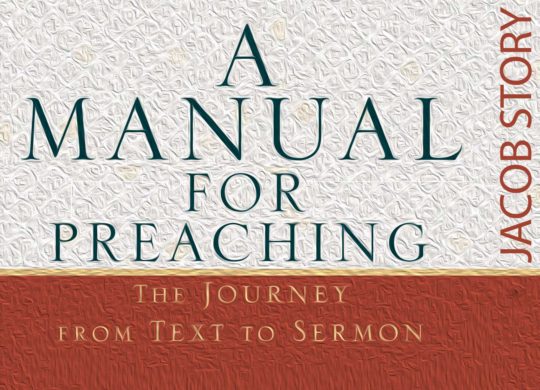Genesis 29:1–30

There are a number of similarities between Isaac’s spouse-finding endeavors and those of Jacob (proscription of exogamy, Genesis 24:3–4 and 28:1–2; location, 24:10/11:31 and 27:43/28:2; arrival at a well and meeting the bride there, 24:10–17 and 29:1–2, 9; watering of flocks, 24:14, 17–20 and 29:10; Laban and relatives, 24:29–60 and 29:13–20). But the significant difference is the absence of Yahweh in the Jacob account. Everything seems to be going well—a sequence of “coincidences” brings him to his destination, to his future bride and to his mother’s relatives—all this seemingly apart from God. But the narrator clearly wants the reader to recognize the hand of God in these serendipities. God is keeping his word to be with Jacob, and the way of Jacob is blessed by him. One suspects Jacob is thinking that God has surely forgotten Jacob’s misdemeanors, and he has gotten away without so much as a slap on the wrist.
God’s blessing on Jacob, despite the latter’s misdemeanors.
Nonetheless, there are hints of danger. Jacob was bound eastward in 29:1, and that direction has usually never boded well thus far in Genesis. East was where Cain settled when driven out of God’s presence (4:16); Lot went eastward to Sodom and Gomorrah (13:11); the Babelites went eastward and engaged in a disastrous building enterprise (11:2); and Abraham’s non-elect children were dispatched thereto (25:6).
Then the description “Laban, his mother’s brother” occurs three times in 29:10, making the point redundantly, that Laban was the brother of Rebekah, the mastermind behind the earlier deception of Isaac. The reader and, implicitly, Jacob are being put on notice: Jacob is now dealing with “Laban, his mother’s brother.” He had better watch out!
God’s blessing on Jacob, despite the latter’s misdemeanors, may not negate God’s discipline.
Jacob’s accusation of Laban after the Rachel-Leah switch on his wedding night is pungent with irony: “You deceived [ramah] me” (29:25), related to the cognate noun “deceit,” which was precisely the key accusation made by Isaac in 27:35: “Your brother [Jacob] came with deceit [mirmah].” In fact, up to this point these are the only two occurrences of this root in the Jacob Story (and its first two occurrences in the Bible).
Notice also the narrator’s pointed assertions of time: 29:23 has “Now it happened, in the evening,” indicating when Laban accomplished the substitution; and 29:25 has “Now it happened, in the morning,” the instant when Jacob realized he had been tricked. The exact parallelism, with evening/morning, points out that Jacob was deceived because of darkness, when he could not see. Again, this harks back to Jacob’s own deception of Isaac who, because of blindness, could not see that it was not Esau, but Jacob, who stood before him (27:1).
In Jacob’s deception, he, the younger had been substituted for the older, Esau. In Laban’s perpetration of imposture, Leah, the older, was substituted for Rachel, the younger. Curiously, Jacob and Laban both referred to the other as “brother” (29:12, 15; ’akh can also mean “relative”). Brother had deceived brother in Genesis 27, and now “brother” had deceived “brother” in Genesis 29! It is also significant that Jacob’s indignant question to Laban, “What is this you did to me?” (29:25), echoes Rebekah’s warning to Jacob to beware of Esau’s murderous inclinations because of what “you did to him” (27:45)—the wording is virtually identical.
While until now the two sisters were “littler–greater” (qatan–gadol, 29:16, 18), without warning, we have Laban’s words “younger–older” (tsa‘ir–bkirah) in 29:26—a stunning blow indeed, as “Leah–Rachel” is described in terms that Jacob and Esau have been (tsa‘ir–bkor, 25:23, 32; 27:19, 32). In other words, what Jacob had sowed, he was now reaping. The deceiver had become the deceived. The chickens had come home to roost.
God’s blessings on his children, despite their misdemeanors, may not preclude God’s discipline, manifest in Jacob’s life as a tit-for-tat—appropriate chastisement.
Slightly shorter:
God’s blessings do not preclude the possibility of appropriate discipline for one’s misdeeds.












 Abe Kuruvilla is the Carl E. Bates Professor of Christian Preaching at The Southern Baptist Theological Seminary (Louisville, KY), and a dermatologist in private practice. His passion is to explore, explain, and exemplify preaching.
Abe Kuruvilla is the Carl E. Bates Professor of Christian Preaching at The Southern Baptist Theological Seminary (Louisville, KY), and a dermatologist in private practice. His passion is to explore, explain, and exemplify preaching.